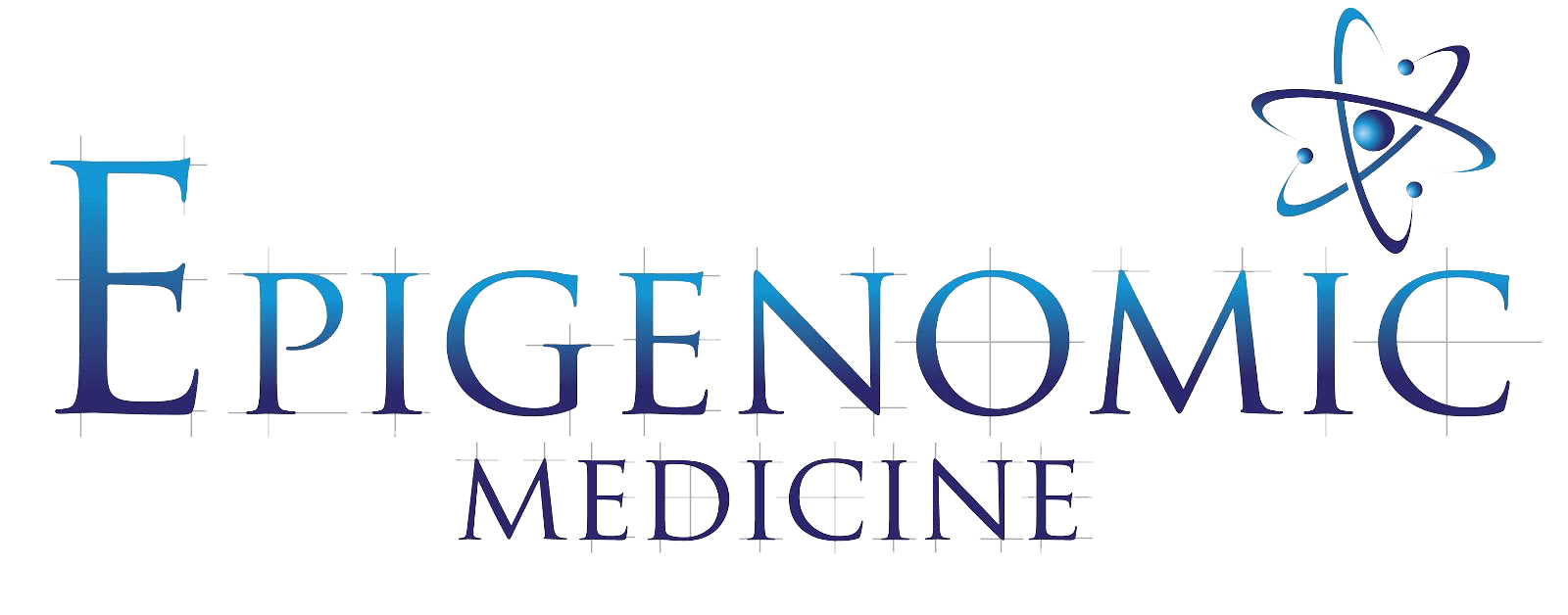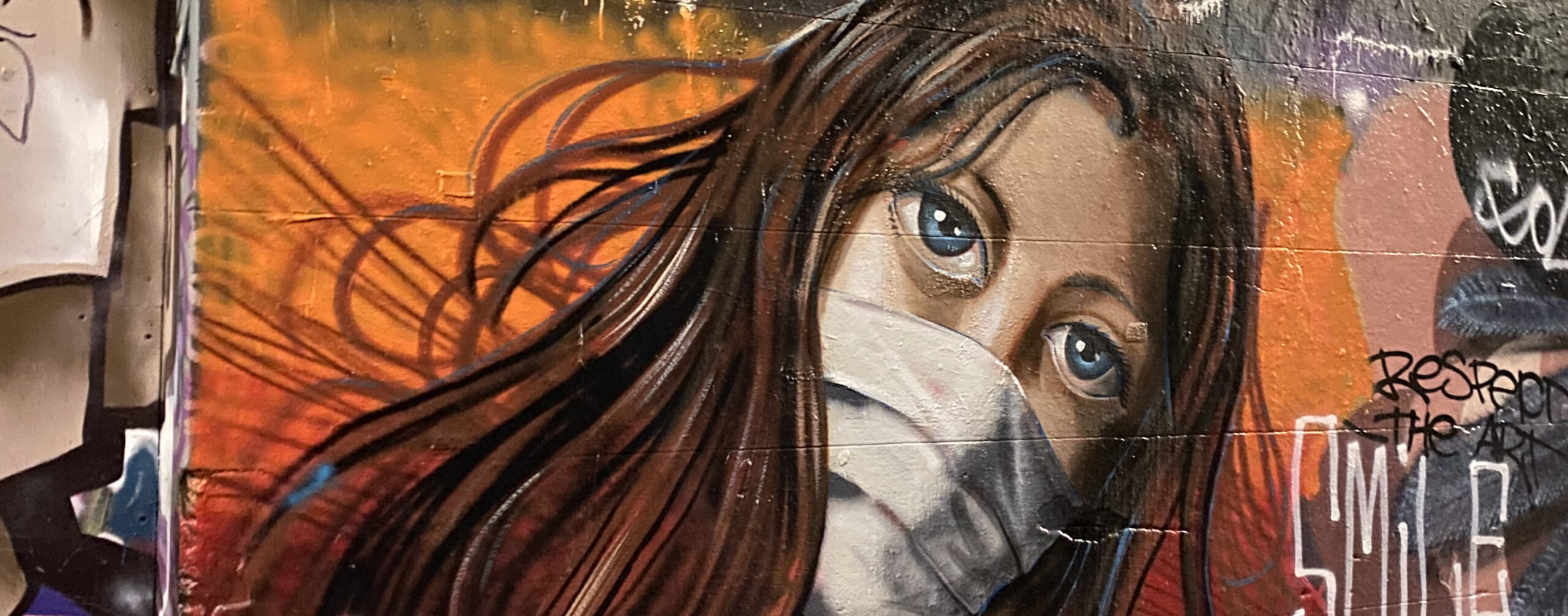During this pandemic there has been an “unprecedented” use of keywords to describe various situations; an example of such a keyword is the word … “unprecedented”.
Of course, there is plenty of precedence for epidemics and pandemics; one of the earliest documented events comes at the start of Homer’s Illiad where Apollo inflicts a plague that decimates the Achaean (Greek) army for ten days.
In those days punishment from the Gods was seen as the cause for most disasters, and we can only get very simplistic learnings regarding as to how we should deal with widespread disease. The common lessons are that people suffer and panic (panic amongst the Greek army and death of many soldiers), and leaders bear the responsibility and fight amongst each other (Agamemnon and the greatest Greek hero in the Trojan War [but the too hot-headed], Achilles argue leading to Achilles withdrawing from battle temporarily. To relate to our current pandemic, we have seen a general increase in anxiety and depression in the population, and we have no shortage of fighting between leaders!
Thanks to Thucydides’ detailed descriptions (Book 2 of History of the Peloponnesian War), and the work of Sophocles (Oedipus the King), we can get some insights from an “actual” disease outbreak, the Plague of Athens (430-427 BCE). The Plague of Athens is thought to have originated in Sub-Saharan Africa, ~Ethiopia), and arrived in Athens through the port of Piraeus. It is thought to have wiped out 1/3 of the population of the city including the great leader Pericles. Apart from writing about the symptoms and severity of the disease, Thucydides (a survivor of the plague), details the social crisis in the city. Through Thucydides and Sophocles we see panic and anxiety within the population. We also learn that 1) the plague did not discriminate between rich and poor, healthy and unhealthy, and 2) doctors were particularly susceptible. These observations have some parallels with COVID-19; infection is not dictated by age (although older people are typically more susceptible to severe disease), or socio-economic status (disease outcome maybe however), and frontline workers and medical professionals are typically at a greater risk of infection.
There is a plethora of other accounts of disease outbreaks, epidemics and pandemics throughout history. Apart from the SARS and MERS outbreaks this century, we mainly look at the Spanish flu (1918) which infected ~1/3 of the world’s population (~50 million deaths), for insights. There many lessons to be learnt from the Spanish flu, and relatively simple public health measures such as, face coverings, social distancing, general hygiene and good nutrition are important mitigating factors. Interestingly, aspirin was one of the therapeutics available in 1918. Apart from reducing pain and fever, we know of its anti-coagulative properties. In this context, microthrombi and embolisms are features of severe and critical COVID-19 and prophylactic blood thinning medications are (or should be in appropriate cases), routinely used in hospitalised people.
In comparison to the historical accounts, we can consider ourselves very lucky … for many reasons. Firstly, COVID-19 has relatively low case-fatality rate compared to SARS and MERS (using a simple ratio from popular COVID-19 trackers we can calculate a case-fatality rate of approximately 3%, compared to ~10 and 34% for SARS and MERS, respectively). Secondly, we understand infectious diseases much better and given our advances in global communication systems (compared to 1918), we have largely implemented, simple yet effective, public health measures very rapidly. Finally, global communication has allowed to science to advance very quickly, with an enormous effort at developing and producing safe and effective vaccines. Even though we are less than one year into the pandemic, apart from oxygen supplementation and mechanical ventilation, at this stage we have a couple of therapeutics, remdesevir and dexamethasone, that seem to help. Further, convalescent plasma therapies are progressing and neutralizing antibodies are showing great promise in advanced clinical trials. Indeed, arguably the most powerful leader in the world was recently treated with a course of Regeneron’s antibody cocktail (REGN-COV2).
More about vaccines, therapeutics, and the POTUS in later issues.
Until next time … Tranquilo Polymaths.

